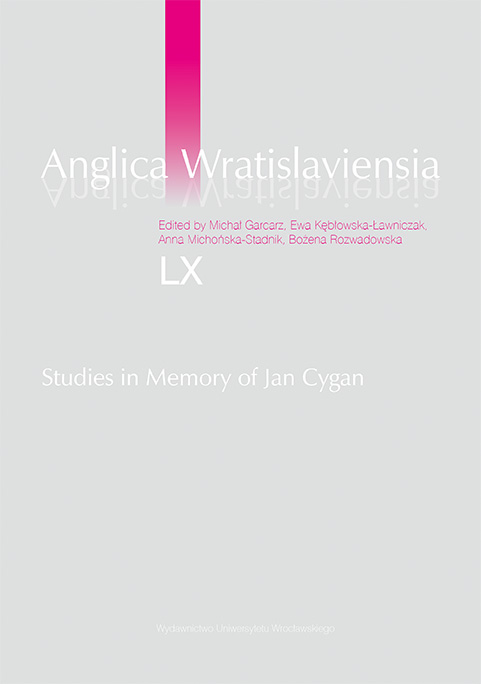

Articles

The paper seeks to account, in terms of the Cognitive Grammar (CG) approach, for what Relevance theorists call epistemic vigilance, a metarepresentational human ability, often adopted by the addressee in his/her attempts to detect and evaluate (potentially) fake messages. In this way, we wish to explore the possibility of rapprochement between Cognitive Linguistics and Relevance Theory. In our attempt to incorporate epistemic vigilance into the Cognitive Grammar format, we propose to set up a cognitive space called a Relevance Schema (RS), a special “module” associated with Ronald Langacker’s Current Discourse Space (CDS). We claim that epistemic vigilance is instrumental in deriving “an implicational character” of the “true”, intended message that emerges in the blended space as a result of the clash between the explicatures’ meaning and the addressee’s understanding of a “state of affairs”. In Section 2, we discuss Charles Forceville’s Relevance-theoretic account of a political poster featuring Barack Obama. This is followed by a presentation in Section 3 of Ronald Langacker’s theory of CDS. Finally, Section 4 develops an analysis of the front-page issue of the Russian independent newspaper Novaya Gazeta and the related article devoted to the Russian invasion of Ukraine.